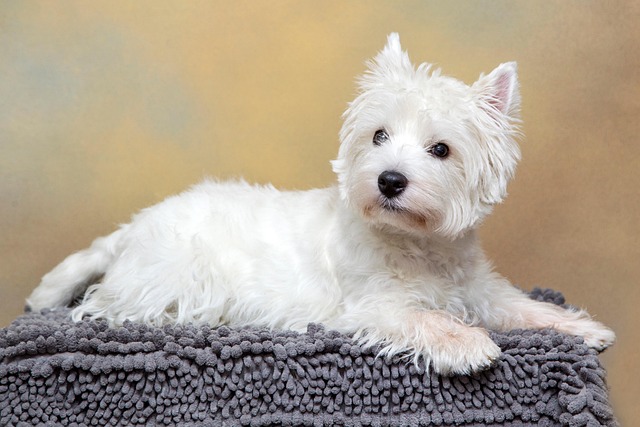
Will pumpkin help a dog pass obstruction?
When a dog that is usually lively and active suddenly loses its appetite, becomes listless, or even vomits frequently, every pet owner will be worried that it is intestinal obstruction, a "health killer".
When we hold up this furry little life, it closes its eyes and searches for warmth in our palms, melting our hearts. A one month old puppy is like a budding bud, requiring us to provide the gentlest care and the most professional knowledge to safeguard its growth. This responsibility of nurturing is not only a reverence for life, but also a journey full of surprises and emotions.
The digestive system of puppies is fragile like morning dew, and feeding details determine the foundation of health. At this time, the puppy has just been weaned and needs to choose a specialized puppy sheep formula (such as KMR formula), whose nutritional composition is highly similar to breast milk. When brewing, the water temperature should be strictly controlled at 40 ℃. If it is too high, it will damage the nutrition, and if it is too low, it will cause diarrhea. It is advisable to use a pet specific bottle with a nipple opening that allows for continuous dripping when inverted. Feed once every 2-3 hours, with a dosage of about 5-10ml/kg body weight each time. After feeding, gently wipe the anus with a warm towel to simulate female dog licking and stimulate excretion. I once rescued an abandoned puppy, which fell into a hypoglycemic coma due to improper feeding. It was saved through intravenous fluid replacement and the situation was saved.
Environmental temperature is the lifeline for the survival of puppies. Newborn puppies have weak temperature regulation ability and need to maintain an ambient temperature of 26-28 ℃. Pet thermal lamps or electric blankets (with towels to prevent burns) can be used, and a hot water bottle (40 ℃) can be placed in the nest. Observe the condition of the puppies and adjust the temperature: if they gather together for warmth, it indicates that the temperature is too low; If you stay away from heat sources and breathe through your mouth, you need to cool down. I once performed "kangaroo therapy" on a puppy with low body temperature, placing it close in my arms to warm it up, and after 2 hours, its signs returned to normal.
Sleep quality affects the development of puppies. Prepare a soft cotton cushion for it and place it in a dark and quiet place. Puppies need to sleep for 18-20 hours a day, and the growth hormone secreted during sleep is three times that of wakefulness. I once recorded the sleep cycle of a Border Collie puppy and found that its REM sleep (rapid eye movement) accounted for 40%, which is crucial for the development of the nervous system.
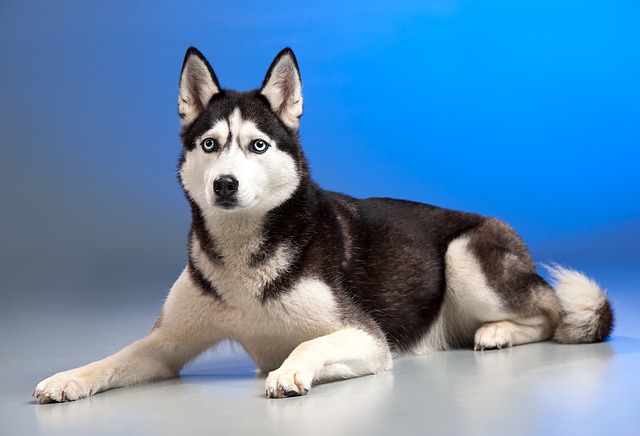
Social training starts from birth. Touch the puppy's entire body, including sensitive areas such as ears and feet, with soft hands every day to cultivate their trust in humans. Call out your name softly and establish a conditioned reflex. I once developed a desensitization plan for a puppy that suffered from social anxiety due to early isolation. Through three months of gentle interaction, it eventually became a companion dog for lively family members.
Health monitoring is of utmost importance in nurturing. Record the weight of the puppy every day (normal weight gain of 10-15 grams per day), and be alert to diseases if there is no weight gain for two consecutive days. Observation of excretion: Normal stool should be yellow brown soft stool, and diarrhea may be caused by parasitic infection or indigestion. I once found a puppy infected with coccidiosis through fecal examination, and timely medication avoided serious consequences.
Immunization and deworming must strictly follow the schedule. First deworming (such as canine heart protection) at 2-4 weeks of age, and first vaccination (double vaccine) at 6-8 weeks of age. Avoid going out during vaccination to prevent infection. I once treated an unvaccinated puppy infected with canine distemper, but unfortunately passed away despite full treatment, which made me deeply realize the importance of immunity.
Defecation training requires patient guidance. Observe the excretion signals of the puppy (rotating and sniffing the ground), and promptly carry it to the designated area (such as a urine pad). Reward with snacks after excretion to strengthen memory. I once instructed a novice owner to use "fixed-point defecation spray" to assist in training. After two weeks, the puppies were able to use the urine pad independently.
Emotional care is the cornerstone of a puppy's mental health. Set aside 30 minutes every day for interactive games, such as simulating hunting behavior with plush toys, to satisfy their instinctive needs. Avoid hitting, scolding, or sudden fright, as the fear memory of puppies may last a lifetime. I once performed behavior correction for a puppy that was scared by firecrackers. Through three months of positive training, it gradually overcame its fear of loud noises.
When we watch the puppy take its first step from trembling to wagging its tail happily towards us, every moment of growth is worth cherishing. The exhaustion of getting up late at night to breastfeed and the hard work of cleaning up excrement in the early morning have all turned into nutrients for its healthy growth. This responsibility of nurturing has taught us patience, meticulousness, and unconditional love. May every puppy grow into a healthy and happy furry child with scientific care and warm companionship, touching the beauty of the world with its wet nose, and giving back our efforts with unconditional trust. After all, what they teach us is not only how to raise a dog, but also how to love a pure life.

When a dog that is usually lively and active suddenly loses its appetite, becomes listless, or even vomits frequently, every pet owner will be worried that it is intestinal obstruction, a "health killer".
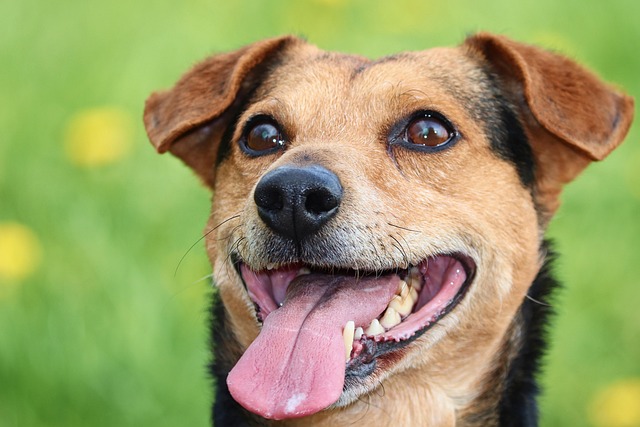
When we caress the furry ears of dogs and enjoy the warm moments of cuddling up with each other, our hearts are filled with happiness.
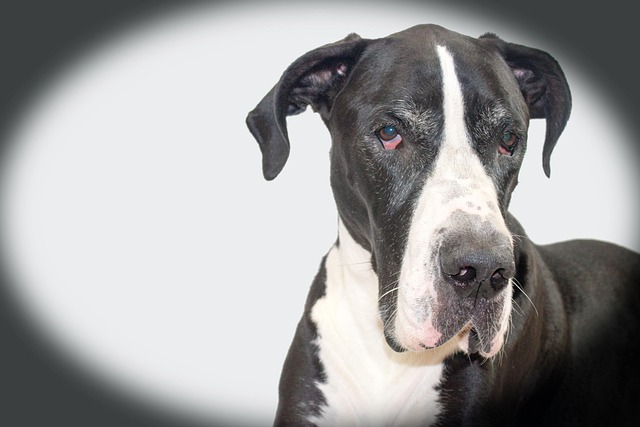
When we see the dog frequently shaking its head, scratching its ears, and even having red and swollen ears with an unpleasant smell,

When we pick up the scissors and prepare to trim the hair of our furry babies at home, we are full of expectations and a little nervous. Looking at the trusting eyes of the dogs, we all hope to create a comfortable and beautiful look for them.
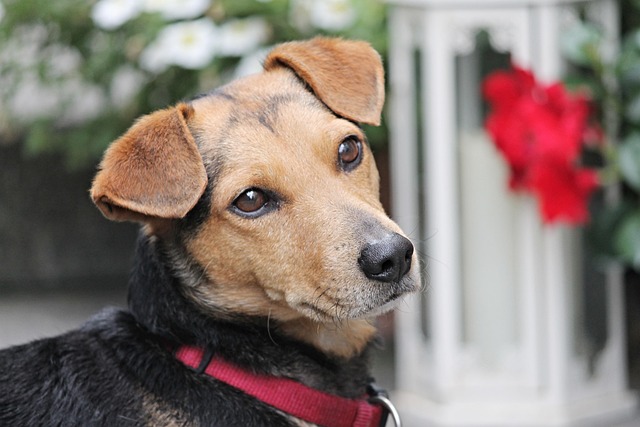
When the dog was found squatting in the corner, struggling hard but unable to excrete feces, its lively eyes were filled with discomfort and helplessness,

Watching the dog lying weakly on the ground due to diarrhea and vomiting, with its originally lively eyes losing their luster, every owner's heart feels as if it's being tightly gripped.